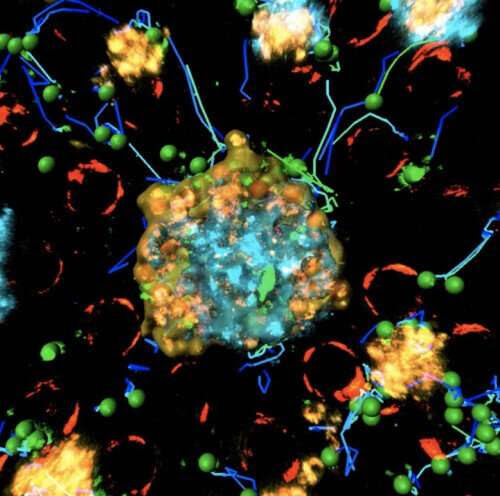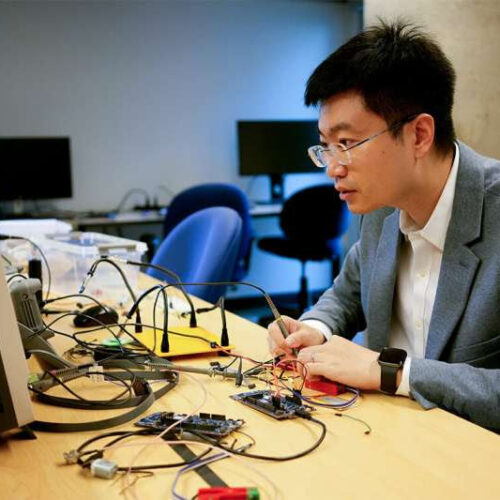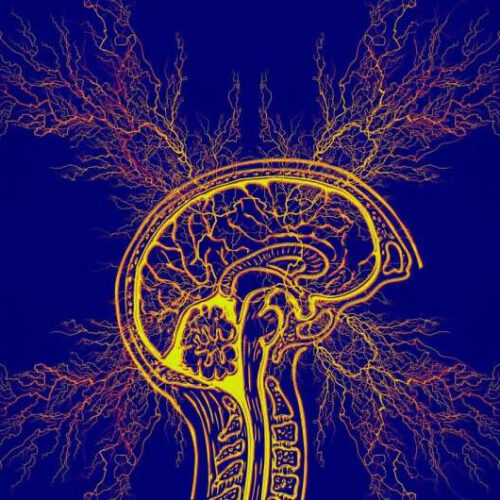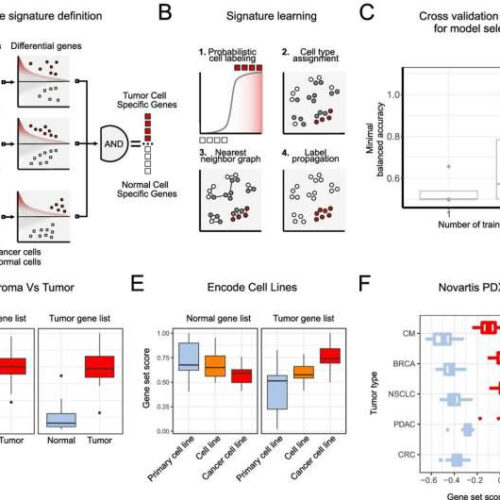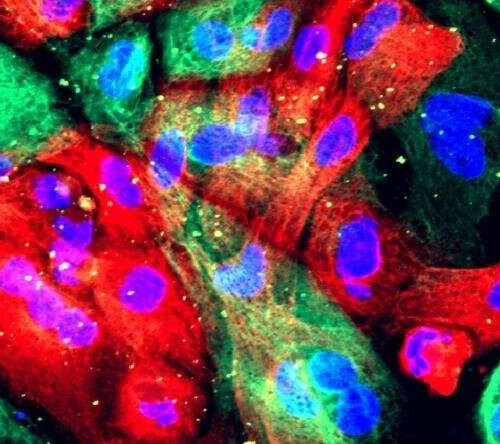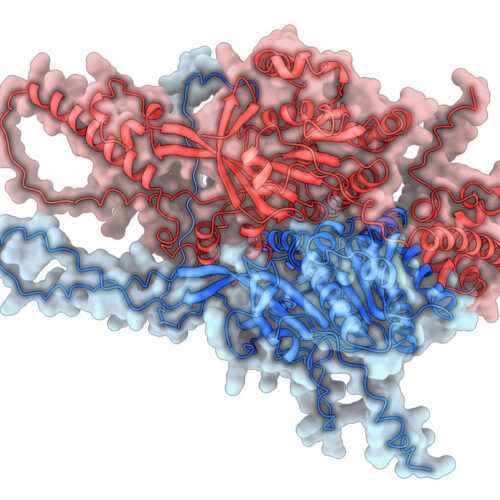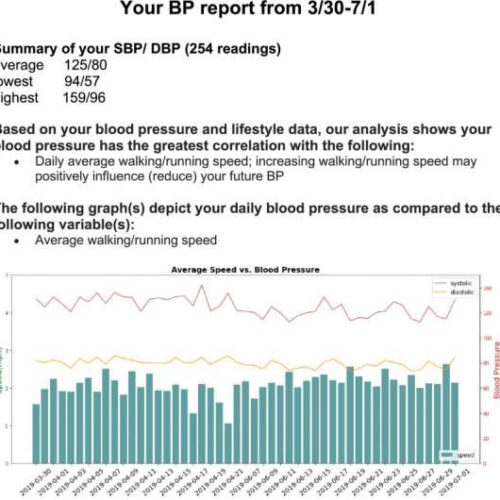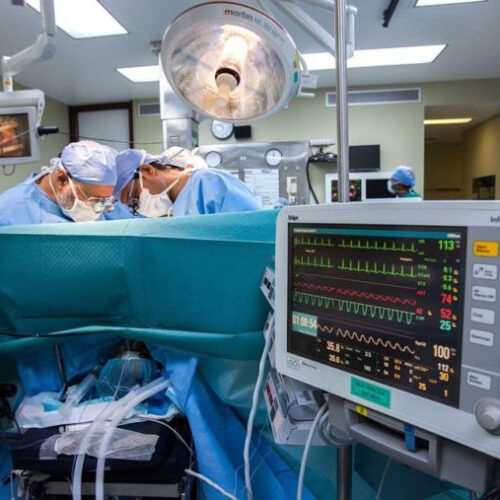by Indiana University The platform tracks T cell infiltration of tumor spheroids, which are 3D structures made of cancer cells. Credit: Feng Guo An interdisciplinary team of researchers led by Indiana University bioengineer Feng Guo has developed a tool that could lead to improved cancer immunotherapy. The prototype platform facilitates automated drug screening and real-time,...
Tag: <span>AI</span>
Researcher combines AI and microelectronics to create neural implants that fight brain disorders
by Matthew Tierney, University of Toronto Xilin Liu tests signal integrity of a prototype neural implant, which can be used to activate a neuromodulation therapy that helps manage symptoms of brain disorders. Credit: Matthew Tierney Neural implants can help treat brain disorders such as Parkinson’s disease and epilepsy by directly modulating abnormal activities—and the University of...
AI algorithm that detects brain abnormalities could help cure epilepsy
by University College London Credit: Pixabay/CC0 Public Domain An artificial intelligence (AI) algorithm that can detect subtle brain abnormalities that cause epileptic seizures has been developed by a UCL-led team of international researchers. The Multicentre Epilepsy Lesion Detection project (MELD) used over 1,000 patient MRI scans from 22 global epilepsy centers to develop the algorithm, which provides...
AI + ECG heart trace can accurately predict diabetes and pre-diabetes
by British Medical Journal Credit: CC0 Public Domain An artificial intelligence (AI) algorithm, derived from the features of individual heartbeats recorded on an ECG (electrocardiogram), can accurately predict diabetes and pre-diabetes, suggests preliminary research published in the online journal BMJ Innovations. If validated in larger studies, the approach could be used to screen for the disease in...
AI identifies cancer cells
by Max Delbrück Center for Molecular Medicine Integration of multiple datasets enables robust extraction of informative gene sets. A, B ikarus workflow. ikarus is a two-step procedure for classifying cells. In the first step, integration of multiple expert labeled datasets enables the extraction of robust gene markers. The gene markers are then used in a...
Large international evaluation shows AI accurately diagnoses prostate cancer
by Karolinska Institutet Prostate cancer cells. Credit: NIH Image Gallery Researchers at Karolinska Institutet in Sweden have together with international collaborators completed a comprehensive international validation of artificial intelligence (AI) for diagnosing and grading prostate cancer. The study, published in Nature Medicine, shows that AI systems can identify and grade prostate cancer in tissue samples from...
AI cracks the code of protein complexes—providing a road map for new drug targets
Robert F. Service The artificial intelligence (AI) revolution in protein structure prediction continues. Only 1 year ago, software programs first succeeded in modeling the 3D shapes of individual proteins as accurately as decades-old experimental techniques can determine them. This summer, researchers used those AI programs to assemble a near-complete catalog of human protein structures. Now,...
AI-powered personalized recommendation system helps lower blood pressure
by Katherine Connor, University of California – San Diego An example of the personalized recommendation provided to a patient. Credit: University of California – San Diego Engineers at UC San Diego have developed an artificial intelligence platform that fuses data from disparate health and lifestyle sensors, wearables and apps into one site, using this combined data...
Smart Healthcare in the Age of AI: Recent Advances, Challenges, and Future Prospects
Chronic disease is a disease lasting three months or longer. A report by National Health Council states that in 2009 states that 7 out of 10 deaths in the U.S. are due to chronic diseases. Heart disease, cancer, and stroke account for more than half of all deaths each year. Incurable and ongoing chronic diseases affect...
AI-powered glaucoma screening test delivers rapid results
A new rapid screening test for glaucoma could help advance early detection of the disease, a leading cause of irreversible blindness. Developed by a research team of engineers and ophthalmologists led by RMIT University in Melbourne, Australia, the test uses infra-red sensors to monitor eye movement and can produce accurate results within seconds. About 80...

